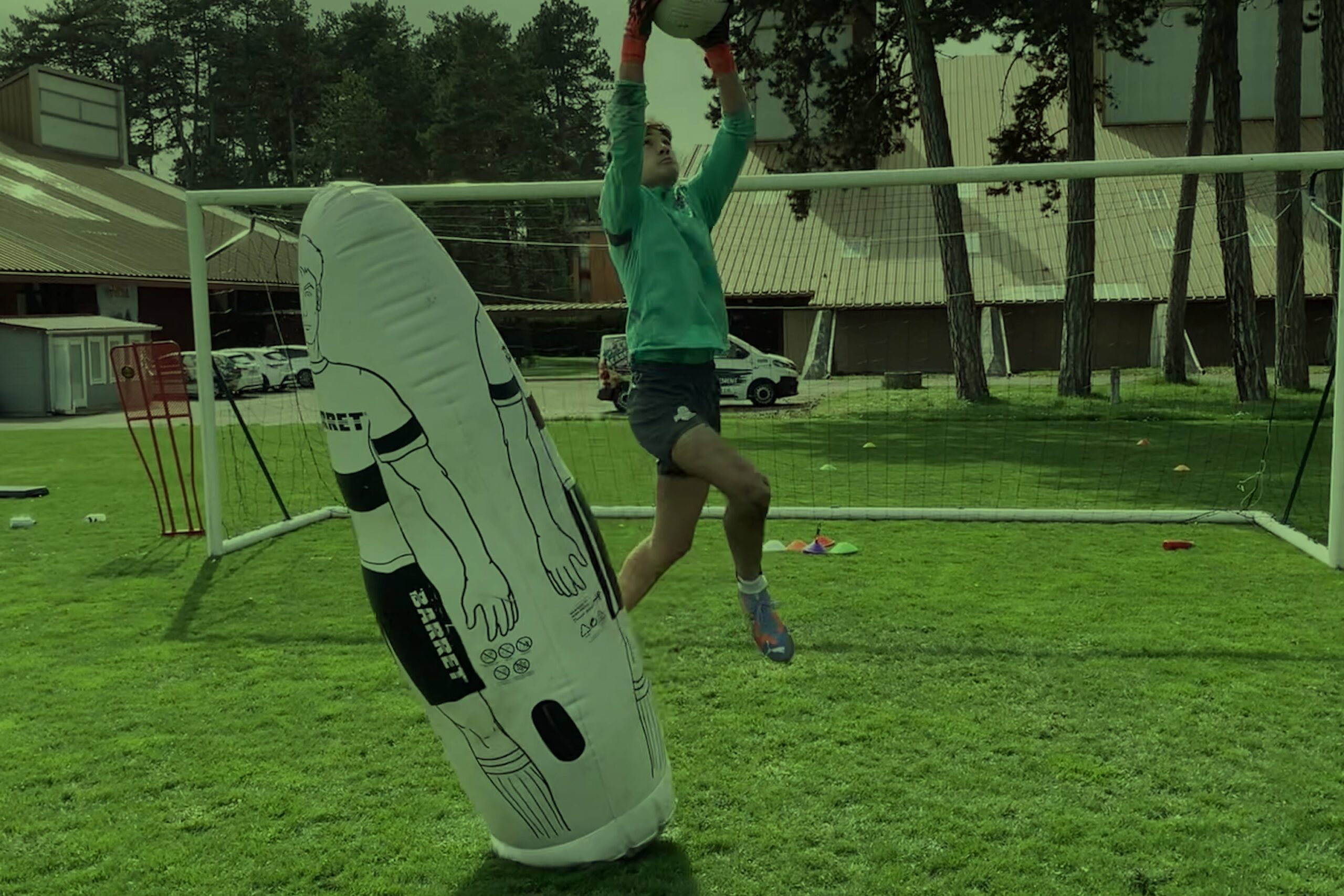
Today’s amateur goalkeepers are tomorrow’s professionals
Tanguy Jourdan, Académie Gardien de But
We are noticing a marked lack of consideration between amateur and professional football today, especially for the position of goalkeeper. We wonder how the amateur world copes with the obstacles it faces in ensuring continuing training for amateur goalkeepers, who will be the professional keepers of tomorrow.
“Which teams have won major trophies? Those that have powerful forwards, but also a decisive goalkeeper.”
The goalkeeper plays a very important role within a team today and can turn the tide of a match. In fact, a goalkeeper can be worth around ten points in the league. To be decisive in a match, he must be ready at any moment, even for a single action or a single save.
At present, professional clubs rely on amateur clubs to discover the best talent in order to get top performance and have top-level goalkeepers. There is no professional football without amateur football. Amateur football is where most goalkeepers are, and where the training is. This is a boon for the professional structures.
Lack of consideration in amateur football
We have always been used to seeing the least technical and least athletic player on the team playing in goal. This phenomenon has existed for many years now and is still very present in football today. It is a luxury for a team to have a goalkeeper who is passionate about and committed to his position, so that the team performs well over the course of the season.
Although an increasing number of young people are taking an interest in the position, training for goalkeepers at clubs is still inadequate or even non-existent. According to a study carried out by Gardien de But Développement in the two Savoie regions, only 10% of clubs (30 out of 300) have a dedicated structure in place for the position of goalkeeper. This means that clubs lack consistency in developing their goalkeepers’ performance from the youngest age group right through to the senior category.
“My goalkeeper was ineffective.” “I’m losing my matches because of the goalkeeper.” “I don’t have a goalkeeper.” What solutions can we come up with to address remarks like these ?
The need for structure in professional clubs
For several decades now, professional football has been one of the most important worldwide markets and has been growing substantially. As a result, clubs have had to put structures in place to meet the high demands of the professional world. More specifically, in sporting terms, results have an effect on a club’s financial health. To achieve results, it is essential to have a quality staff that can work optimally with the players. Professional goalkeepers currently have professional coaches who specialise in the position, enabling them to perform more effectively. Goalkeepers receive specific training, as well as specific physical preparation, cognitive sessions and video analysis sessions. The goalkeeper can then progress under optimum conditions, improving both his own performance and that of the club. This comprehensive approach means that the goalkeeper can be considered as an all-round team player alongside the outfield players.
Thanks to the human and especially the financial resources available in the professional world, goalkeepers have an ideal working environment in which to perform with their teams.
